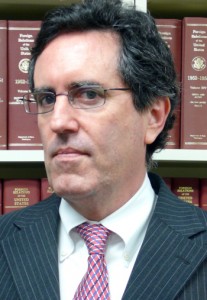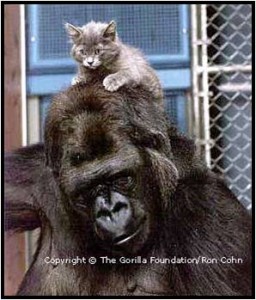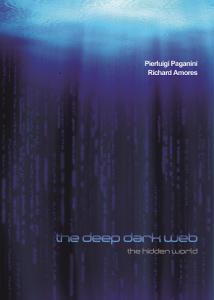
While it addresses gold, the major point is the financial instability of America and the world.
Economic Effects Of QE3 Will Soon Enter The Markets
September 20, 2012, at 6:24 pm
by Jim Sinclair
My Dear Extended Family,
Everyone has an opinion of QE3. Almost all are wrong.
What has taken place here in its size, and in an almost simultaneous international unified approach has no precedent in economic history.
QE1 and QE2 were not failures. Do you have any idea what the world would have looked like if every major bank in the Western financial world broke?
It is easy to be a naysayer and say let the banks go broke, but you have no idea how hard it would have hit you and yours and maybe gold and silver. This is not to say that Debt Monetization, which QE represents, is correct, but it was the only tool available to central banks that would create infinite cash for the Fed and Treasury to use in a totally discretionary manner. Governments, because of the size of their debt, were incapable of applying the better tool for reviving economic activity, which is fiscal stimulation. One thing for certain is the infrastructure of the USA is collapsing in front of your eyes. Dar es Salaam airport looks better on approach than JFK. Dubai is beyond description. Roads from the Beijing airport are brand new. The USA infrastructure is disgraceful for a major power. New York City roads look like “Mad Max and the Day After.” However when you are the major debtor nation fiscal stimulation is simply not possible. It will not happen because it cannot happen.
Please stop listening to those that tell you QE will have no effect. They are “Ignorant to Infinity.” QE3 is going to have an unprecedented effect, as it is now simultaneous and global in scope.
Please make note of all the governments that screamed at the Fed for the use of QE1 and QE2 that are now applying QE to infinity.
There will be no QE4 because QE3 is going to go on continually with a month or two off now and then. Please recognize that it is hard for markets to discount what they do not believe in and therefore by definition do not anticipate.
Know within 90 days the economic effects of QE3 will be entering markets for money and therefore the markets for gold, silver, and most certainly the dollar.
Gold is going to at least $3500. Silver will certainly perform well also. The real support for the US dollar is .7200 on the USDX and it will trade there. The euro will trade at $1.35 and $1.40.
Ron McEwen of MUX fame said it correctly: “Patience is bitter; but the fruit is sweet!”
Respectfully,
Jim







